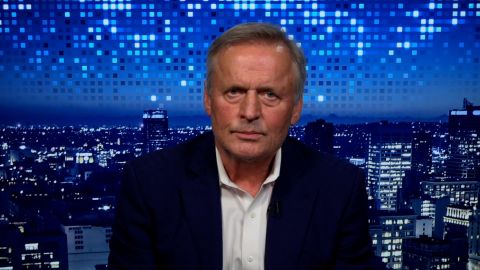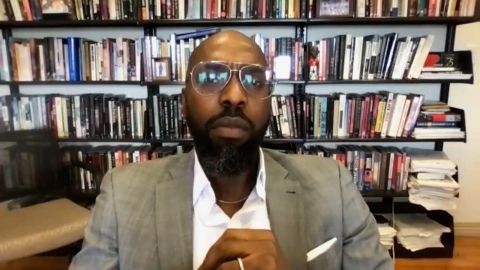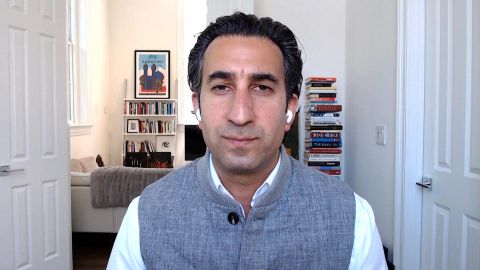Read Transcript EXPAND
CHRISTIANE AMANPOUR: I wonder if I could get you first to weigh in on the discussion that we have been having, because it’s been a central focus of your work and you life as well. And that is social justice, racial justice. And you have written a lot about the legal system. What do you make of what’s happening in the country now and how it’s changed, for instance, the blue line cracking during the Derek Chauvin trial, police testifying against one of their own for the first time?
JOHN GRISHAM, AUTHOR, “SOOLEY”: Well, first of all, thank you, Christiane, for having me. It’s a pleasure to be here. I’m certainly no expert on policing or police procedure. But my wife and I watched the early morning news this morning, just appalled, like everybody else, with the number of shootings, white policemen shooting unarmed black people and killing them. It’s — the numbers are staggering, 17, as you said earlier with your other guest. Again, I don’t know — I don’t know how to solve the problem, except just stop shooting and stop killing. Apparently, these policemen are trained that, if someone is resisting arrest and trying to get away, it’s OK to go ahead and kill them. That’s what’s happening time and time again. And that is not the way the police should be handling this. Listen, there are a lot of black people and brown people who don’t want to be arrested because they don’t trust the court system, the jail system, the penal system, the legal system. They don’t trust the system, OK, with good reason. They have been through it before, or they know somebody who has. And so there’s a great deal of distrust. They don’t want to be arrested. And most these people are unarmed, the ones who are being shot, and charged with small, petty crimes. This is not violent crimes they are charged with. And they’re being shot and killed. The shooting has got to stop at some point. We have many, many problems to fix after that, but, for right now, just stop the killing.
AMANPOUR: You books have tackled a lot of the issues of justice. Obviously ,they have been legal thrillers. They have been made into movies. Everybody knows about them because they have been so popular. Do you — has your — has it been your experience that writing these stories, whatever they might be, in this realm can also effect not just awareness, but some social change?
GRISHAM: Well, I’m not sure about change, certainly awareness, because I started writing about wrongful convictions about 15 years ago. And this is another area of police abuse and prosecutorial misconduct. This is not killing people in the street. This is sending people away to prison for 20 and 30 years for somebody else’s crime.
About This Episode EXPAND
Karim Sadjadpour; Charles Booker; John Grisham; Davarian Baldwin
LEARN MORE



